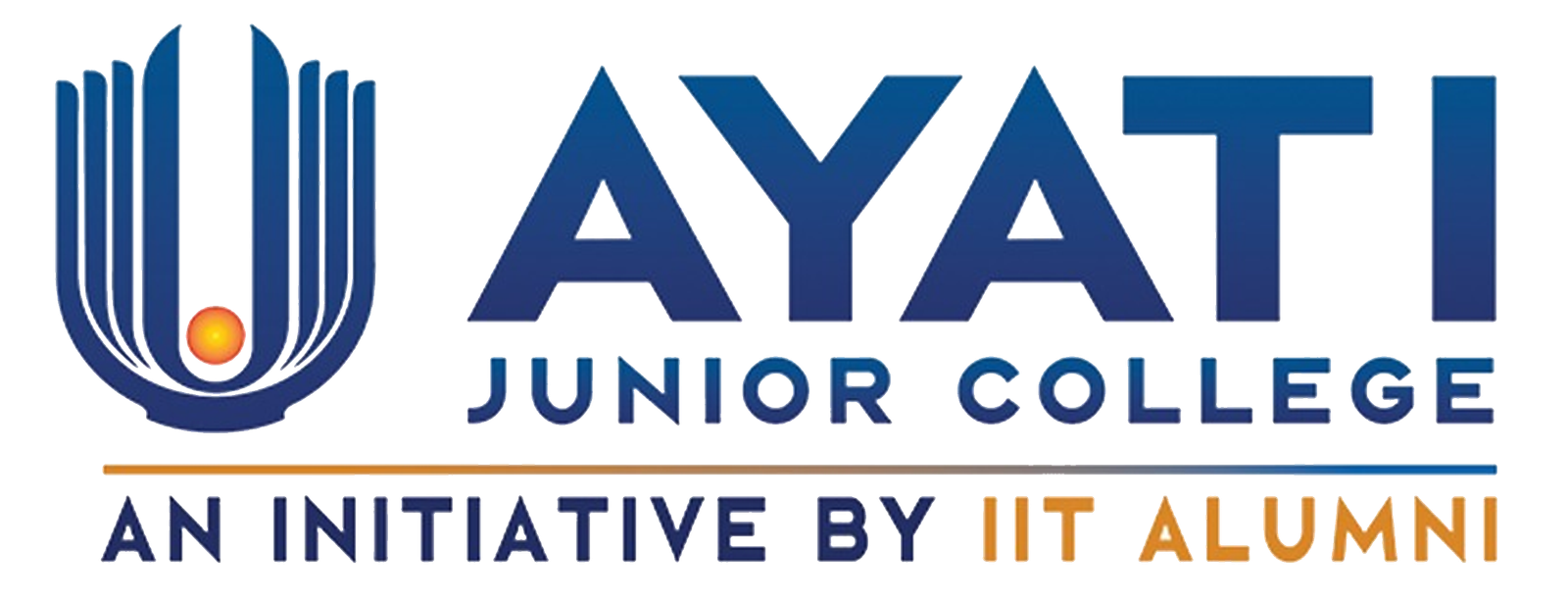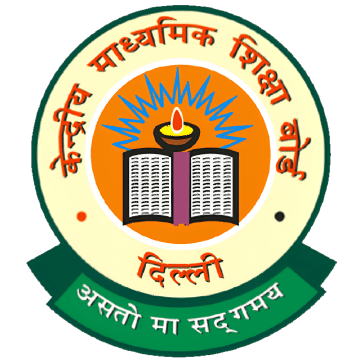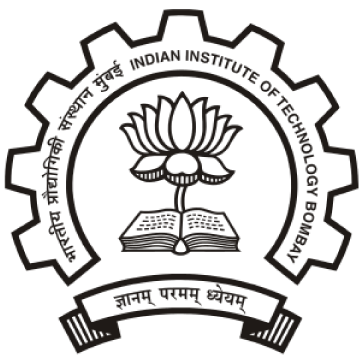In India, engineering and medicine have long stood as two of the most predominant career paths—and with good reason. Cracking IIT-JEE opens doors to top-tier engineering institutes like the IITs, while NEET is the gateway to esteemed medical colleges across the country.

But here comes the real challenge: Which one should you choose—JEE or NEET?
This question becomes especially critical right after Class 10, when students must select a stream—MPC with JEE or Bi.P.C with NEET—at their junior college. And understandably, both students and parents often find themselves overwhelmed, caught between personal interests, societal expectations, and future career prospects.
To make an informed and confident choice, it’s essential to look beyond just the exam names. One needs to understand the subject interests, career goals, time commitment, mental preparation, and realistic expectations tied to each path.
In this article, we’ll explore the key factors that can help students decide what truly aligns with their skills, strengths, and dreams.
Course Overview
JEE (Joint Entrance Examination):
Today, JEE is not just limited to engineering. Through this exam, students can explore top engineering (IITs, NITs) as well as architecture courses (via JEE Main Paper 2). It offers a single gateway to premier institutions that nurture innovation and technical excellence.
NEET (National Eligibility cum Entrance Test):
NEET is the national-level exam for students aspiring to enter the medical field, particularly MBBS and BDS. It grants admission to government and private medical colleges, including top institutes like AIIMS. It is also accepted for admission to medical universities abroad.
Career Prospects
JEE/IIT Track:
Cracking IIT-JEE and getting into institutions like IITs or NITs can open doors to diverse career opportunities—from placements in top global tech companies to entrepreneurship. IITians are often recognized for their creativity, problem-solving mindset, and leadership across industries.
NEET/Medical Track:
NEET leads to careers in medicine and healthcare. If you dream of becoming a doctor, dentist, or biomedical professional, this is your path. Whether you wish to practice in India or study medicine abroad, NEET is the essential stepping stone.
Difficulty Levels
JEE Mains: Comparatively easier; covers basics of physics, chemistry, and maths.
NEET: Moderate in difficulty, with mostly direct questions from biology, chemistry, and physics.
JEE Advanced: The toughest among the three. It tests not just knowledge but also deep logical thinking, conceptual understanding, and application skills—especially in physics and math.
Area of Interest
Choose JEE (MPC) if:
You love mathematics and physics.
You’re curious about technology, engineering, software, or analytics.
You enjoy logical challenges and puzzles.
Choose NEET (Bi.P.C) if:
You’re passionate about biology and life sciences.
You dream of a career in healthcare, medical research, or pharmaceuticals.
You’re comfortable with consistent reading and memorization.
Skills Required
For JEE:
A good grasp of formulas, strong mathematical reasoning, a logical approach, and an eagerness to learn and experiment are key. You don’t need to be a genius—just be consistent and practice-oriented.
For NEET:
A strong memory, deep interest in biological processes, and the ability to read and retain vast amounts of information will help. It’s more about thorough understanding and regular revision than complex calculations.
Final Thoughts
Choosing between IIT and NEET should never be based on peer pressure or societal expectations. It should come from within you—your interest, your strengths, and your long-term goals.
Take time to self-assess, speak with mentors, interact with professionals from both fields, and if possible, attend career counselling sessions. This choice might shape your future—but it’s your passion and dedication that will define your success.













